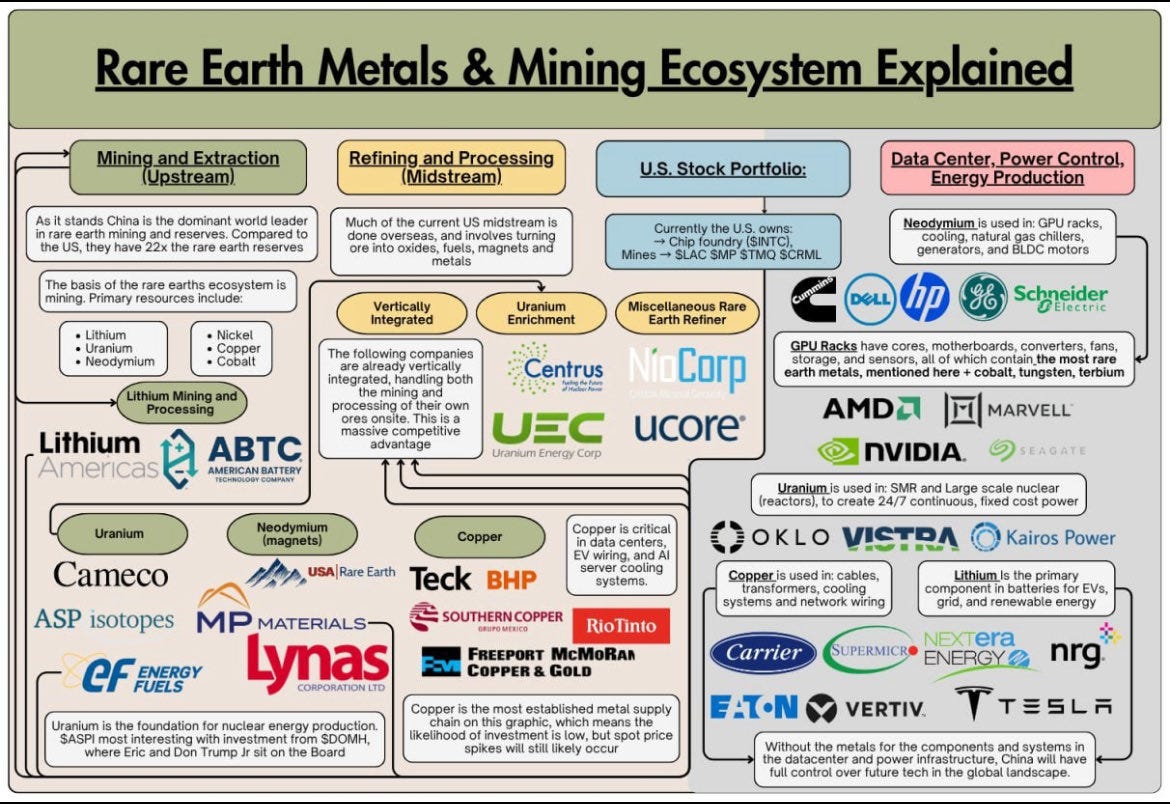Is China Choking the US?
Or is America’s ruling class unleashing havoc on the global economy and blaming China because the governing political ideology ignores facts and causality?
We can now piece together some of what led to the immediate blow-up of Sino-US relations.
In August, Li Chenggang, the trade negotiator for Treasury Secretary Scott Bessent’s Chinese counterpart (vice-premier He Lifeng), reportedly told Bessen…


